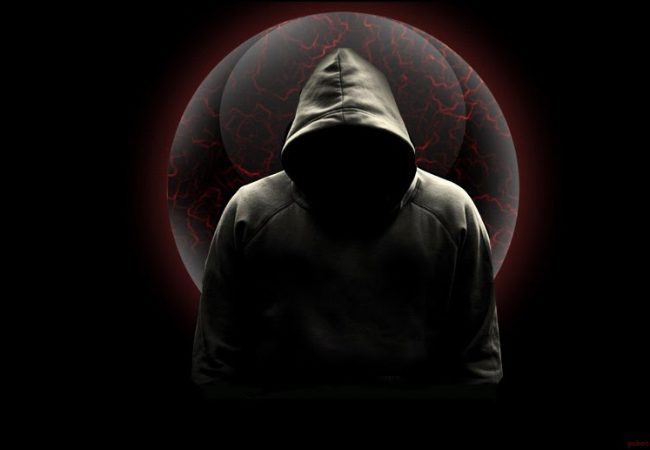Proper password selection – never too careful!
I thought I would post a couple of kewl links for password generators.

PCTools – Online password generator
Credible? Norton Lifelock (their new name) is well known in security spaces. I should hope they are credible, but remember all online activity can be captured. If you need a quick password, this is the site. Check out more information about them –> here!
OnlinePasswordGenerator.com Not sure about credibility, I offer no assurances. Looks easy enough.
If you are really concerned about snooping, you have the option of downloading software to generate passwords offline. I recommend doing this, in fact, I take a step further. The software that I use is on a computer that never goes online. When generating passwords, I generate a list, move the file to the online computer and copy and past without ever entering the password manually avoiding the potential for a keylogger from capturing my input.
Paranoid, absolutely. When it comes to managing others websites, the finances for the family or my children’s information, the discipline is an easy option.
There are other offline password generators as well, you can search the App Store.
PC Tools has their own, one of my choices as its free: Download PC Tools Password Utilities Now!
Most people randomly select a password, using something they can easily remember, combining words that are relevant to their lives, etc. This is something that should be avoided at all costs. There is software, I won’t go into detail here about what and where, but software that will brute force work your logins. There are large companies and banks still using pure numbers or number and letter combinations, something that can be hacked in relatively short order (say, 1 hour to two weeks)… The software starts at 0 and works all digits upward until it finds a combination. It also has a dictionary attack that allows the user to blast the login with various combinations of words, such as the most common password, “password”, or “God”, etc.
If you are serious about security, you must keep your passwords unique (across all platforms – in other words, don’t use the same password at your bank and then use it again at eBay, for example).
Focus on 8-15 digits of multiple combination passwords, both upper and lower case letters and numbers – here is a pretty decent example: *&tRaphu!4kega
UPDATE: June 4, 2019 – I routinely use passwords that are north of 17 digits – you should too! Its a pain but never been hacked!
Assuming the place you are logging in allow for this many characters, using unique symbols, etc. If not, let them know that its about time that they should and that you will consider taking your security related business elsewhere!
— Derek Gendron
0eth0s0

